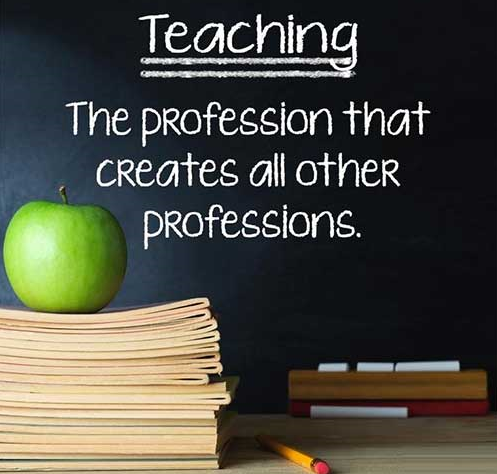A life of Teaching: take your time
Dr. Neville D’Cunha
Associate Professor
International Relations & Diplomacy Department
Faculty of Administrative Sciences & Economics
|
One of the first questions old-timer Tishk International University (TIU) teachers hear from beginner teachers is, “How long will it take?” The question not only refers to how much time will be necessary for adjusting to the new environment of TIU style of teaching after spending all the formative years in studies and possibly in other institutions unlike TIU; but also how long it will take to actually learn and master the culture of TIU’s multifaceted dynamics. The longest part of the first year of teaching is learning what not to say and how not to act. Negotiating new personalities and politics within a faculty community can be difficult. Often transition may takes years.
Time has been called the poverty of our era. The hurried pace of ungrounded professional life drives us to feel that we have little time for the things we want or we need. Time has always been precious, but too often we allow our lives to become frenzied and stressed. TIU, out of benevolence, bestows on us academic titles from research assistant to professor, but it is up to each one of us to become a truly reflective and inspiring professional educator. Teaching has a massive attrition rate. It takes years of personal and professional struggle to decide on it as an occupation.
The newly inducted TIU academic staffer wants to know how much time must BE dedicated, how much of the day the educational endeavor will require, and how long it will take to reach the desired professional goal. I have often answered these questions saying, “It will take the rest of your professional life.” This is actually a good news. Higher education teaching is not a goal at all – it is a lifelong process of living and serving that nurtures our being and enriches the quality of our days. Realizing the significance of this insight removes unproductive pressures we may otherwise bring to our approach. We have our entire professional lifetime.
We will always have much to learn in the way of skills and techniques, but the essence of TIU academic methodology is deeper – it is always immediate and available as it grows from refining our attunement to the flow of life, and life force in our professional environment. Our priorities constantly change and adjustment to our internal and external environment is needed, not only from day–to–day but also through many stages of every academic year. Other than the TIU orientation, we should constantly have ourselves updated and outfitted with whole new arsenal of indispensable knowledge on global and local academic trends, informal educational culture, intercultural dialogue, ever-changing students demands, and contemporary academic inter-disciplinary discourses. That is why a more meaningful TIU teaching practice promises no end but provides a constant journey of serving, learning and discovering. Early on, we need to realize that teaching could not be about the subject we are teaching but it has to be about the students. We need to take a personal resolution, either we are there for the students or leave.
Advancing our TIU teaching practice implies refining our ability to see and listen to the needs and wants of our student community on deeper and subtler levels. Cultivating this internal perception is more important than merely attaining more and more teaching expertise. We can develop great energies, insights, and expertise but miss the heart of the practice. Someone may be able to learn the art and practice of TIU teaching techniques to impress the authorities for immediate gains and still be a beginner who misses the heart and experience of touching students’ lives, that is, the development of deeply reflective, engaging character and practice.
There is a possibility that throughout your association with TIU, you may struggle to keep your passion and commitment on a high note, but an attitude of a lifelong learner can definitely make your whole life deeply satisfying. We all need to talk to each other on how difficult teaching is as a profession and why people stay in it. Making the time for a more determined and ambitious learning practice means honoring and loving ourselves enough to dedicate each day to our own wellbeing. Serving ourselves is part of serving others. Only, when we take care of changing ourselves can we have more abundant energy to transform others and bring quality to our endeavors.
There is no doubt that teachers will continue to occupy a position of central importance in Kurdistan Region of Iraq’s educational landscape. When a beginner TIU academic staffer tells me, “I can’t find the time to take out of my daily life for reflecting or reading or researching to develop my teaching abilities.” I reply, “Neither can I.” I don’t have time to “take out” for my teachership practice either, and yet I keep up a regular practice. I certainly know that I have much more energy, much more quality time and freedom, and much better knowledge that would not have been possible without having allowed myself time for deliberate study. In truth, teachership learning doesn’t “take time” – it gives time.



